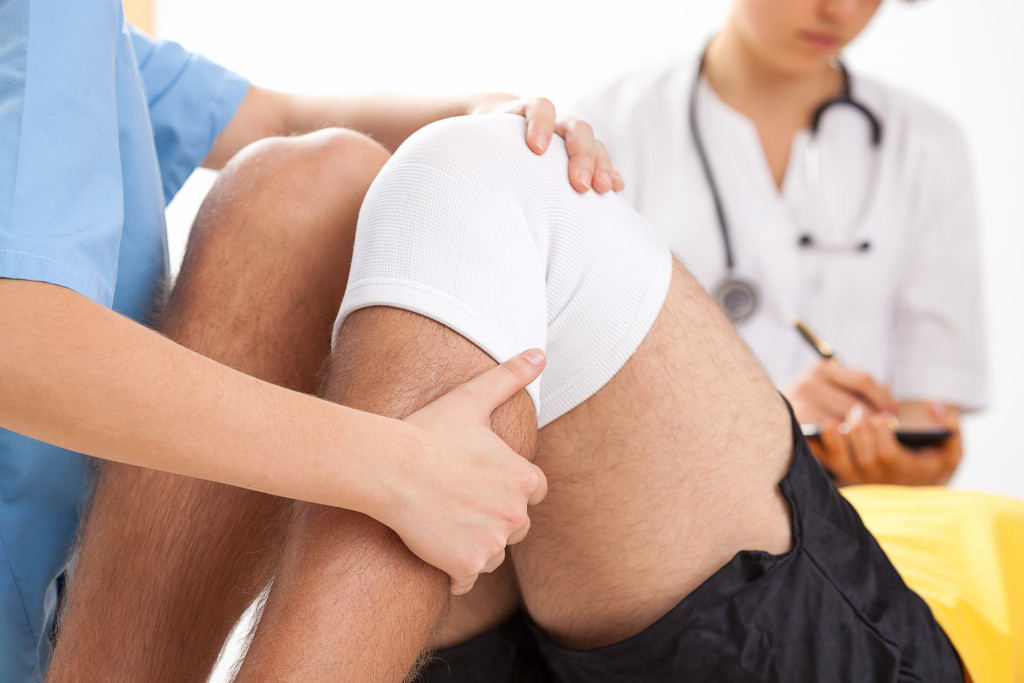- Careful consideration should be given to home health care services, as they can provide professional support with activities.
- Offer emotional support and understanding to your loved one during recovery and connect emotionally.
- Provide practical help to a loved one recovering from surgery, but prioritize the physician’s advice.
- Check-in regularly to create a routine that helps them stay organized and care for themselves during the healing process.
Recovering from surgery can be difficult, and knowing how best to help a loved one during this time is often tricky. You must provide emotional support, practical assistance, and understanding of their needs as they heal.
This article will discuss the steps you can take to help your loved one recover from surgery in the most effective way possible. By following these strategies, you can ensure that your loved one has all the support needed while recovering from surgery.
Consider home health care services

When a loved one is preparing for or recovering from surgery, it can be difficult for family members to provide the type and amount of care necessary. Home health care services offer a valuable solution by providing professional support with meal preparation, housekeeping, and personal care with toileting, bathing, and mobility.
This helps ensure that recovering family member receives the care they need while also allowing them to remain at home surrounded by neighbors and familiar surroundings. Additionally, home healthcare providers can coordinate with physicians and other healthcare workers to monitor recovery progress, providing peace of mind to everyone in the family circle.
Be there for them
Here are some tips to help you be present for your loved one during recovery from surgery:
Provide emotional support and understanding
Providing emotional support and understanding to a loved one recovering from surgery is essential to healing. This is especially critical if their postoperative journey includes a lengthy recovery period.
Showing empathy, compassion, kindness, and encouragement can go a long way in helping someone get back on their feet again with hope and optimism for brighter days ahead. Emotional support is critical if your loved one is battling pain or discomfort following their procedure which may cause additional stress and anxiety.
Connecting emotionally shows your friend or family member that you’re by their side through thick and thin, which can help them find the strength they need during this difficult time while also improving their overall physical health and sense of well-being.
Offer practical help
Providing practical help to a loved one recovering from surgery can be incredibly beneficial. Not only does it help alleviate the physical burden that comes with recovery, but it also strengthens bonds and shows how much you care for them.
From making meals to doing chores around the house, there are plenty of ways to lend a hand. However, it is essential to prioritize the advice of their physician and monitor the person’s energy levels before delegating tasks. It is also important to share responsibility, so those helping do not become overwhelmed or burned out.
Check-in regularly

For a loved one recovering from surgery, regular check-ins are an essential part of their recovery. Forming a routine helps them stay organized, better manage their time and care for themselves during the healing process. However, it is just as essential to allow them enough time and space to rest, as this helps the body heal effectively.
Time for adequate rest should be built into the routine so that they are not overworking themselves during recovery or pushing too hard, which could cause further harm to their body. Taking time out also helps reduce stress levels, enabling the individual to benefit mentally and emotionally from the healing process.
Check-ins should therefore be balanced between giving your loved one support and allowing them to relax – something that will vastly improve their chances of making a full and lasting recovery from surgery in a positive manner.
Ensure they’re taking medications properly
Enforcing medication adherence amongst those recovering from surgery is paramount for regaining and maintaining one’s health. Without proper compliance, there could be a relapse in the recovery post-surgery or the development of exacerbating complications.
It should be a top priority to educate a loved one on what needs to be done to ensure they make a full recovery. An effective way of achieving this is by actively reminding them of when and how much medication they must take and supervising them to ensure they take it correctly.
In addition, researching potential drug-drug interactions that may occur with any pre-existing drugs and food/drink intake would help to reduce the risk of side effects and further complications.
Get involved in the healing process
As a caregiver, it is essential to learn about the specific exercises or stretches that can help heal a loved one recovering from surgery. Not only will this ensure that proper techniques are being used during rehabilitation, but it will also play an integral role in the overall success of their recovery journey.
Understanding how much activity is safe for the patient is equally critical. Working with a physical therapist can provide insight into what level of activities would be most beneficial and under what circumstances they should be performed.
These are just a few tips on how you can help a loved one recover from surgery. By following these strategies, you can ensure that your loved one has all the support they need while navigating their recovery journey.

